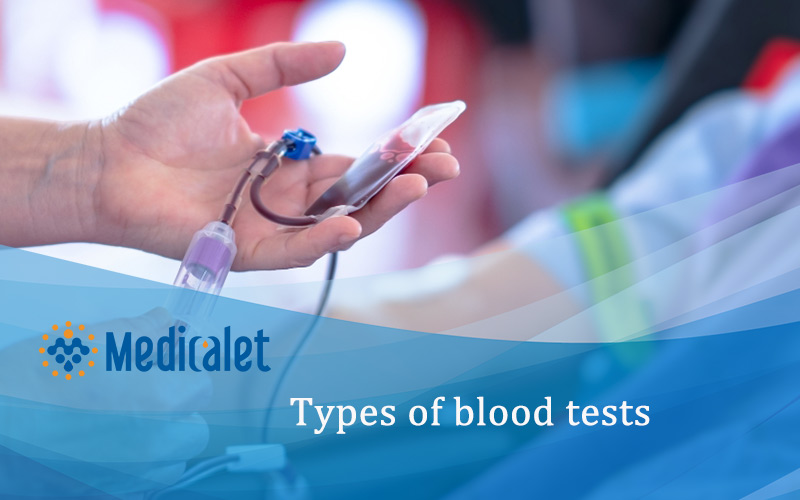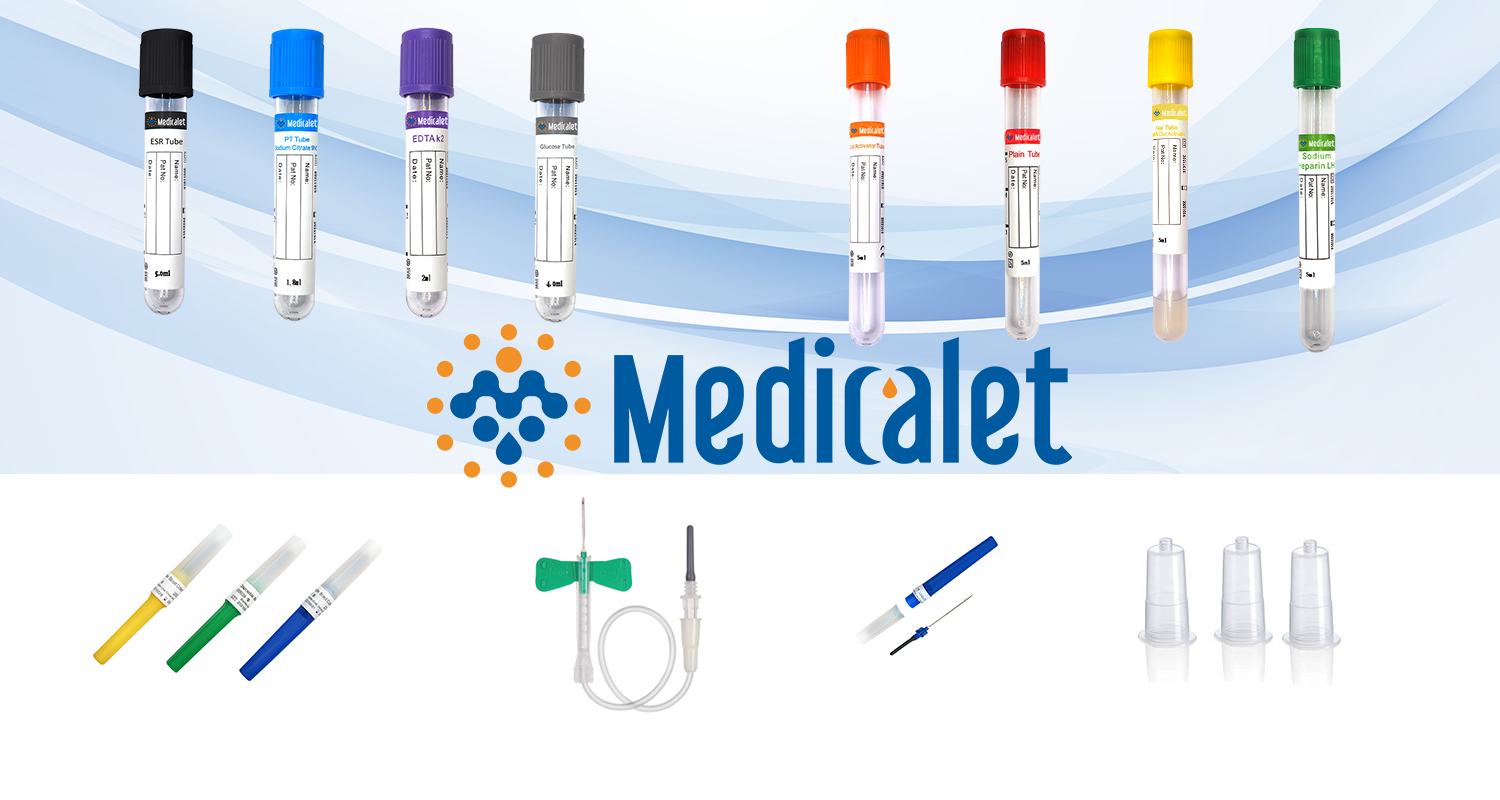
Blood tests are very common. They help doctors check for certain diseases and conditions. They also help check the function of your organs and show how well treatments are working.
Complete blood count (CBC)
The complete blood count (CBC) is one of the most common blood tests. It is often done as part of a routine checkup. This test measures many different parts of your blood, including red blood cells, white blood cells, and platelets.
Red blood cell levels that are higher or lower than normal could be a sign of dehydration, anemia, or bleeding. Red blood cells carry oxygen from your lungs to the rest of your body.
White blood cell levels that are higher or lower than normal could be a sign of infection, blood cancer, or an immune system disorder. White blood cells are part of your immune system, which fights infections and diseases.
Platelet levels that are higher or lower than normal may be a sign of a clotting disorder or a bleeding disorder. Platelets are blood cell fragments that help your blood clot. They stick together to seal cuts or breaks on blood vessel walls and stop bleeding.
Hemoglobin levels that are lower than normal may be a sign of anemia, sickle cell disease, or thalassemia. Hemoglobin is an iron-rich protein in red blood cells that carries oxygen.
Hematocrit levels that are too high might mean you’re dehydrated. Low hematocrit levels may be a sign of anemia. Hematocrit is a measure of how much space red blood cells take up in your blood.
Mean corpuscular volume (MCV) levels that are lower than normal may be a sign of anemia or thalassemia. MCV is a measure of the average size of your red blood cells.
Test Normal Range Results*
Red blood cell Adult Men: 5 to 6 million cells/mcL
Adult Women: 4 to 5 million cells/mcL
White blood cell 4,500 to 10,000 cells/mcL
Platelets 140,000 to 450,000 cells/mcL
Hemoglobin (varies with altitude) Adult Men: 14 to 17 gm/dL
Adult Women:12 to 15 gm/dL
Hematocrit (varies with altitude) Adult Men: 41% to 50 %
Adult Women: 36% to 44%
Mean corpuscular volume 0 to 95 femtoliter†
* Cells/mcL = cells per microliter; gm/dL = grams per deciliter.
† A femtoliter is a measure of volume.
USED FOR:
Anemia
Bleeding Disorders
Blood Cholesterol
Blood Clotting Disorders
Sickle Cell Disease
Thalassemia
Blood chemistry tests/basic metabolic panel
The basic metabolic panel (BMP) is a group of tests that measures different naturally occurring chemicals in the blood. These tests usually are done on the fluid (plasma) part of blood. The tests can give providers information about your organs, such as the heart, kidneys, and liver.
The BMP includes blood glucose, calcium, and electrolyte tests, as well as blood tests that measure kidney function. Some of these tests require you to fast (not eat any food) before the test, and others don't. Your provider will tell you how to prepare for the test(s) you're having.
USED FOR:
Heart Failure
High Blood Pressure
Blood enzyme tests
Blood enzyme tests may be used to check for heart attack. Enzymes are chemicals that help control chemical reactions in your body. There are many types of blood enzyme tests. The ones for heart attack include troponin and creatine kinase (CK) tests.
Blood levels of troponin go up when a person has muscle damage, including damage to the heart muscle. In addition, an enzyme called CK-MB is released into the blood when the heart muscle is damaged. High levels of CK-MB in the blood can mean that you've had a heart attack.
USED FOR:
Heart Attack
Lipoprotein panel
A lipoprotein panel, also called a lipid panel or lipid profile, measures the levels of LDL and HDL cholesterol and triglycerides in your blood. Cholesterol and triglyceride levels that are higher or lower than normal may be signs of higher risk of coronary heart disease.
A lipoprotein panel gives information about your:
Total cholesterol
LDL ("bad") cholesterol, which is the main source of cholesterol buildup and blockages in the arteries
HDL ("good") cholesterol, which helps decrease cholesterol blockages in the arteries
Triglycerides, which are a type of fat in your blood
Most people will need to fast for 9 to 12 hours before a lipoprotein panel.
USED FOR:
Atherosclerosis
Blood Cholesterol
Coronary Heart Disease
High Blood Triglycerides
Blood clotting tests are sometimes called a coagulation panel. These tests check proteins in your blood that affect the blood clotting process. Levels that are higher or lower than normal might suggest that you're at risk of blood clots. Warfarin and heparin are two examples of such medicines.
USED FOR:
Bleeding Disorders
Blood Clotting Disorders
Platelet Disorders
Years of experience in manufacturing laboratory consumables and medical products enables Medicalet to provide products of the highest quality and competitiveness. Through continuous innovation and practice, Medicalet has been recognized by more and more customers. If you are interested in Medicalet blood collection equipment, please feel free to contact us!

